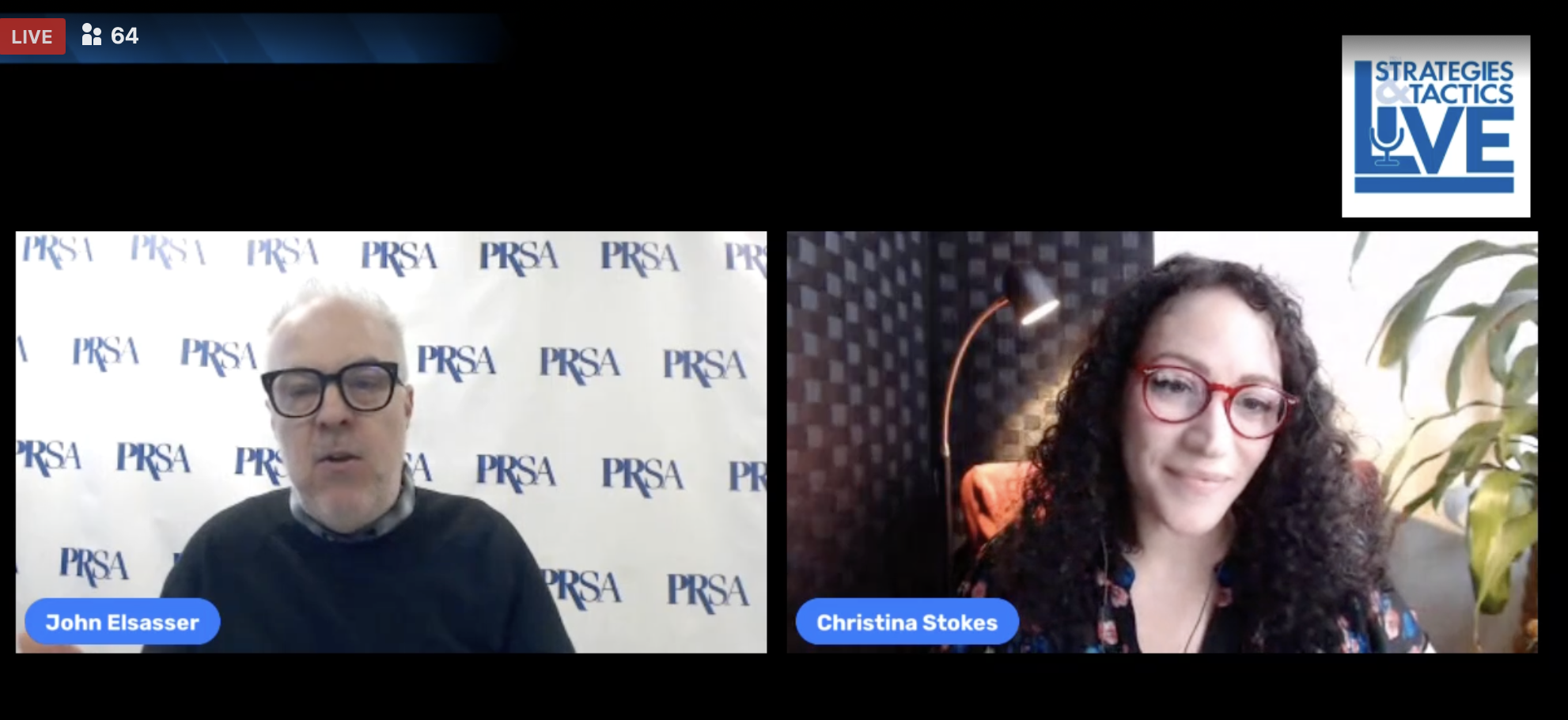The Importance of Words During a Crisis; the Latest S&T Live
By John Elsasser
May 2022
This month, we explore an always-popular topic: crisis communications.
As Helio Fred Garcia writes: “The pandemic, the great resignation, political polarization in the United States and war in Europe have made the need for effective crisis communication even greater.”
Our articles this month provide insights on building robust plans, forging more effective relationships with lawyers, engaging internal staff and managing self-inflicted crises. Read on for more best practices.
Here, I want to address a recent study that found when spokespeople respond during crises, what they say matters more than their body language.
Researchers at the University of Georgia’s Grady College of Journalism and Mass Communication evaluated how people perceived the sincerity of messages during a crisis, specifically a spokesperson’s use of words and nonverbal cues.
Eight hundred people were randomly assigned to watch one of four videos involving a reporter asking a company spokesperson about a scandal. The videos variously showed the spokesperson responding using crisis communication best practices while appearing calm and confident, delivering the same message while fidgeting and avoiding eye contact, offering an unclear, evasive response while appearing relaxed and confident, and providing an unclear message while fidgeting and avoiding eye contact.
Researchers asked respondents whether they thought each message would be accepted or lead to negative word-of-mouth about the company and whether people would blame the company for the crisis based on its response. They found that words — rather than nonverbal communication — were most important.
Spokespeople should appear sincere in outward demeanor while also speaking in clear and relevant language, said David Clementson, co-author of the research and assistant professor of public relations at Grady College. He advised to acknowledge the problem, apologize for the damage it caused and explain how the company will avoid similar situations in the future.
“Sincerity as a demeanor cue is almost always misleading,” Clementson said in a news release announcing the results. “Just because someone looks calm doesn’t mean they are honest, and if someone is fidgeting and doesn’t make eye contact, it doesn’t mean they are not telling the truth.”
Clementson emphasized that sincerity in crisis situations is a key to the long-range success of organizations.
Save the Date for the Next S&T Live
Our fourth episode of Strategies & Tactics Live takes place on May 19 (1 p.m. ET) with Marie Hardin, dean of the largest nationally accredited mass communication program in the United States — the Donald P. Bellisario College of Communications at Penn State University.
I spoke with Hardin for a Q&A that appears in this issue. We’ll expound on these topics during S&T Live, as there’s a lot more to discuss on educating our future communicators and journalists as we near graduation time.
Meanwhile, you can find a playback of our April episode on the PRSA LinkedIn page with our “Hire & Seek” columnist Christina Stokes, SVP and director of talent acquisition at Rubenstein. We covered a lot of ground in 30 minutes — from résumé and interview advice for job seekers to what employers are looking for in candidates.



